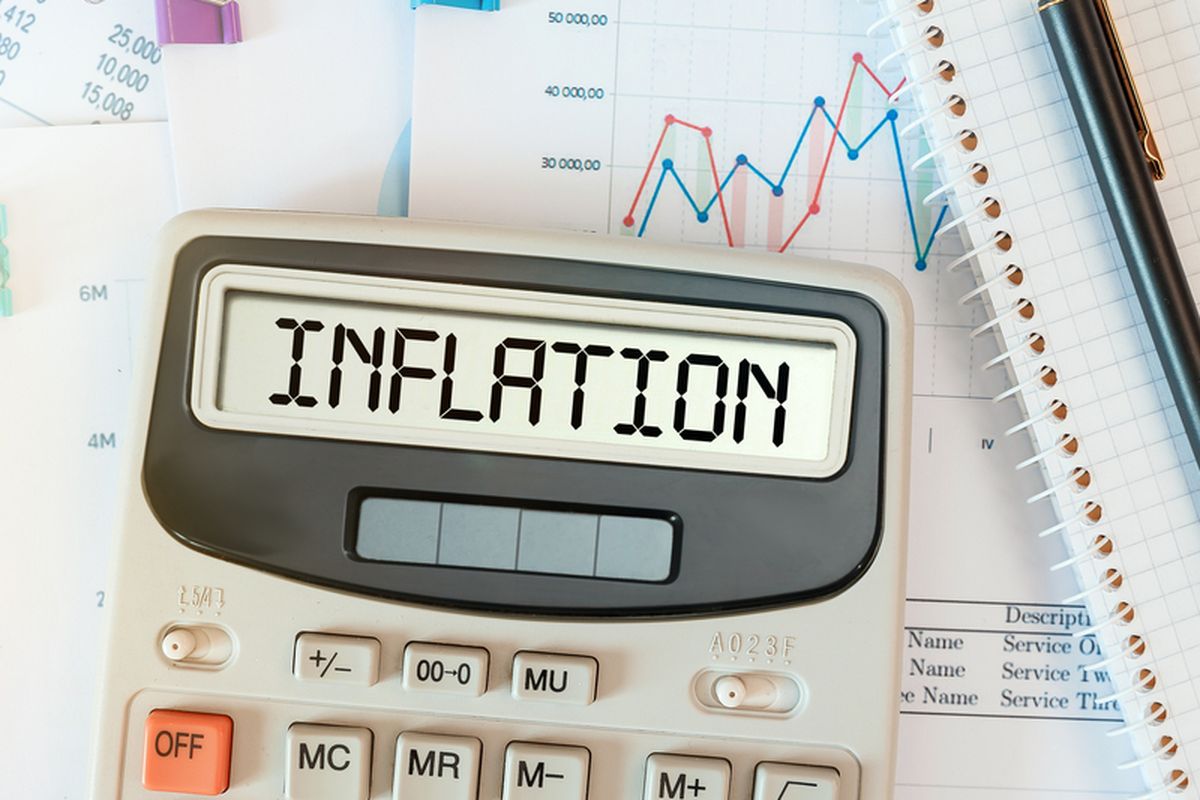STARTOGEL -economic observers assess, low inflation in 2024 is not a positive sign. It is known that the Central Statistics Agency (BPS) on Thursday (2/1/2025) reported that the inflation rate for the calendar year or year to date 2024 was 1.57 percent. Bps deputy for Statistics and services Pudji Ismartini assessed that annual inflation as of December 2024 was the lowest since the first inflation calculation in 1958, quoted from Kompas.com, Thursday. The inflation rate is even lower than during the Covid-19 pandemic in 2020, which was 1.68.
Experts call it an anomaly
Director of the Center of Economic and Law Studies (Celios), Bhima Yudhistira said, low inflation in 2024 is an anomaly and reflects the weakening of people’s purchasing power. “December inflation was the lowest when the Nataru moment was actually an anomaly. Means there is a decrease in the demand side that makes the price of goods and services is not excessive increase,” he explained to Kompas.com, Saturday (4/1/2025). This can be seen from the annual inflation rate of food, beverages, and tobacco which is only 1.9 percent (yoy), then transportation -0.3 percent yoy. He assessed that the deflation that occurred in the transportation sector is a sign that the economy is not doing well.
Read To: mk-has-reached-the-presidential-threshold
“Whereas the decline in airline ticket prices also did not contribute much to all modes of transportation,” he said. Low inflation also indicates that people are holding back spending at the end of the year. According to him, this is the aftermath of the 2025 economic policies and conditions that suppress the purchasing power of the middle class. Starting from 12 percent VAT, Tapera, compulsory motor vehicle insurance, BPJS health contributions increase, and others. In addition, some also deliberately save or save their money for the preparation of Eid Homecoming which is only a few months away. “In the midst of low income, saving at the time of Nataru for Eid preparation is a rational behavior,” he added.
Manufacturing teetering
Paramadina University economist, Wijayanto Samirin also agreed with Bhima’s opinion. Low inflation in 2024 is the result of the weakening purchasing power of the people and the phenomenon of deflation for five consecutive months.
In addition, he also highlighted the Indonesian manufacturing Purchasing Manager Index (PMI) data in 2024 which was down. Even the lowest post-covid-19 pandemic.
“The PMI Data for the second semester of 2024 is the lowest compared to other semesters in the last three years, even Nataru’s momentum to provide stimulus is not too large,” he explained to Kompas.com separately, Saturday. In fact, the manufacturing industry is a creator of quality jobs with salaries reaching UMP, as well as a tax-producing sector for the government. Wijayanto assessed that the decline in PMI data shows that the manufacturing industry is also experiencing difficulties. “This is a strong indication that the manufacturing sector, which is a source of quality jobs and an important source of tax revenue for the country, is also limping,” he concluded.
Will continue until 2025
According to Bhima, the weakening condition of household consumption is likely to continue until 2025. This is because, he considers, the cancellation of the 12 percent VAT on public goods and services is not enough to stimulate people’s purchasing power. “People need a longer and direct stimulus to purchasing power, for example, lowering VAT rates to 8 percent like Vietnam,” he said.
Similarly, Wijayanto said, low inflation in 2024 is a warning that in 2025 the situation will be difficult. In addition to purchasing power, low business optimism, challenging fiscal conditions, and a less friendly global economic situation also contributed. In order to prevent sustainable impacts, he said the government must ensure the state budget is optimized for economic growth.
“Delaying big programs is wasteful of budget, such as IKN, buy alusista, infra, and put forward people’s programs,” he explained. Every policy issued must be measured, coordinated, and well communicated, so as not to make investors hesitate. Smuggling and underground economy practices or economic activities that are not recorded in the Gross Domestic Product (GDP) also need to be seriously eradicated. “To increase acceptance, it is necessary to avoid the habit of ‘hunting in the zoo’, the business world is very difficult,” added Wijayanto. For information, “hunting in the zoo” is an analogy that means the government maximizes increasing tax revenue from existing taxpayers, versus chasing taxes from those who have not registered.
Source: cleaningservicebakersfield.com

